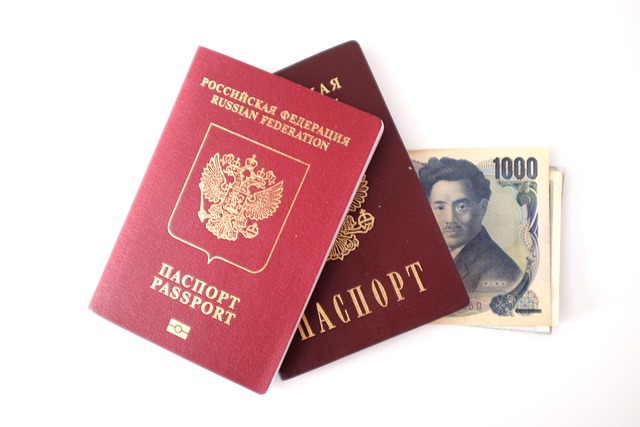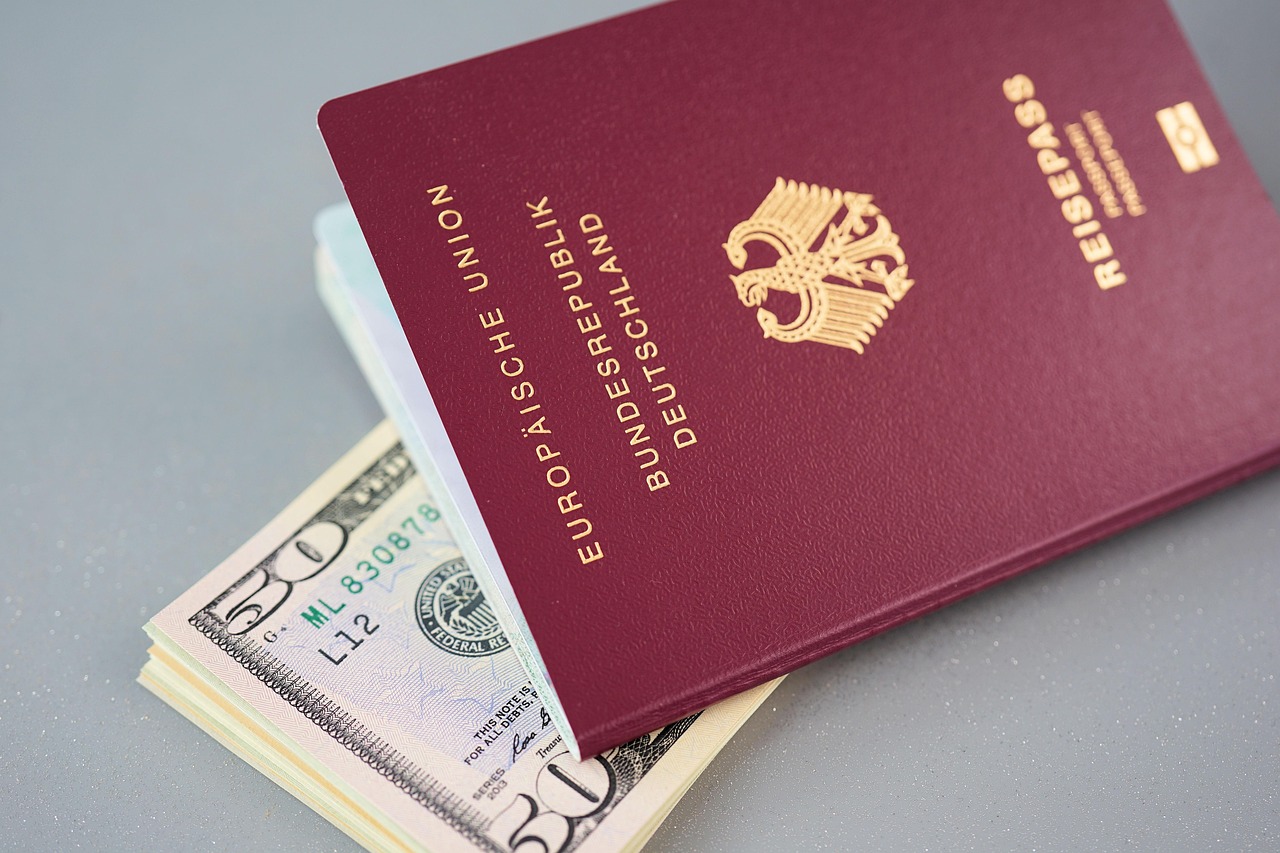Family Reunification Visa: Bringing Loved Ones to the UK

The United Kingdom is a popular destination for individuals seeking to reunite with their families. Whether you are a British citizen, a settled person, or a refugee, the UK offers various visa options to facilitate family reunification. This article provides a comprehensive overview of the Family Reunification Visa in the UK, including eligibility criteria, application process, required documents, and key considerations.
What is a Family Reunification Visa?
A Family Reunification Visa allows individuals living in the UK to bring their family members to join them. This visa is designed to help families stay together and is available to spouses, partners, children, and other dependent relatives. The specific type of visa required depends on the applicant’s immigration status and the relationship with the family member.
Types of Family Reunification Visas
The UK offers several visa categories for family reunification, including:
1. Spouse or Partner Visa
This visa is for individuals who are married to or in a civil partnership with a British citizen or a person settled in the UK. It also applies to unmarried partners who have been in a genuine relationship for at least two years.
2. Parent Visa
Parents of British citizens or settled persons can apply for this visa if they meet specific requirements, such as being financially dependent on their child.
3. Child Visa
Children under the age of 18 can join their parents in the UK if one or both parents are British citizens, settled persons, or refugees.
4. Adult Dependent Relative Visa
This visa is for elderly parents, grandparents, or other adult relatives who are financially dependent on a British citizen or settled person.
5. Family Reunion Visa for Refugees
Refugees and individuals with humanitarian protection in the UK can apply to bring their immediate family members to join them.
Eligibility Criteria
The eligibility criteria for a Family Reunification Visa vary depending on the specific visa category. However, some common requirements include:
1. Relationship Proof
Applicants must provide evidence of their relationship with the family member in the UK. This may include marriage certificates, birth certificates, or proof of cohabitation.
2. Financial Requirements
The sponsor in the UK must meet minimum income thresholds to demonstrate they can support their family members without relying on public funds. For example, the minimum income requirement for a Spouse Visa is £29,000 per year (as of 2024).
3. Accommodation
The sponsor must provide evidence of suitable accommodation for their family members in the UK.
4. English Language Proficiency
Some visa categories require the applicant to pass an English language test to prove their ability to communicate in English.
5. Immigration Status
The sponsor must be a British citizen, settled person, or refugee with valid immigration status in the UK.
Application Process
The application process for a Family Reunification Visa involves several steps:
1. Gather Required Documents
Applicants must prepare all necessary documents, including proof of relationship, financial evidence, accommodation details, and English language test results (if applicable).
2. Complete the Online Application
The application is submitted online through the UK government’s official website. Applicants must pay the visa fee and the Immigration Health Surcharge (IHS), which grants access to the National Health Service (NHS).
3. Biometric Appointment
Applicants are required to attend a biometric appointment at a visa application center to provide fingerprints and a photograph.
4. Submit Supporting Documents
All supporting documents must be submitted either online or at the visa application center.
5. Wait for a Decision
The processing time for a Family Reunification Visa varies depending on the visa category and the applicant’s country of residence. Typically, it takes 8 to 12 weeks for a decision to be made.
Required Documents
The following documents are commonly required for a Family Reunification Visa application:
- Valid passport
- Proof of relationship (e.g., marriage certificate, birth certificate)
- Financial evidence (e.g., bank statements, payslips)
- Accommodation details (e.g., tenancy agreement, property deed)
- English language test results (if applicable)
- Tuberculosis (TB) test results (for applicants from certain countries)
- Immigration status of the sponsor in the UK
Key Considerations
1. Financial Planning
Meeting the financial requirements can be challenging for some families. It is essential to plan ahead and ensure all financial documents are accurate and up-to-date.
2. Legal Assistance
Navigating the visa application process can be complex. Seeking legal advice from an immigration solicitor can help avoid mistakes and improve the chances of a successful application.
3. Processing Times
Applicants should be prepared for potential delays in processing times, especially during peak periods. Applying well in advance is recommended.
4. Changes in Immigration Rules
UK immigration rules are subject to change. It is crucial to stay informed about the latest updates and requirements.
Case Study: Reuniting a Family
Consider the case of Ahmed, a British citizen who wants to bring his wife and two children to the UK from Egypt. Ahmed meets the financial requirement with an annual income of £30,000 and has a three-bedroom house to accommodate his family. He gathers all necessary documents, including marriage and birth certificates, and submits the online application. After attending the biometric appointment and providing supporting documents, Ahmed receives a decision within 10 weeks, and his family is granted visas to join him in the UK.


